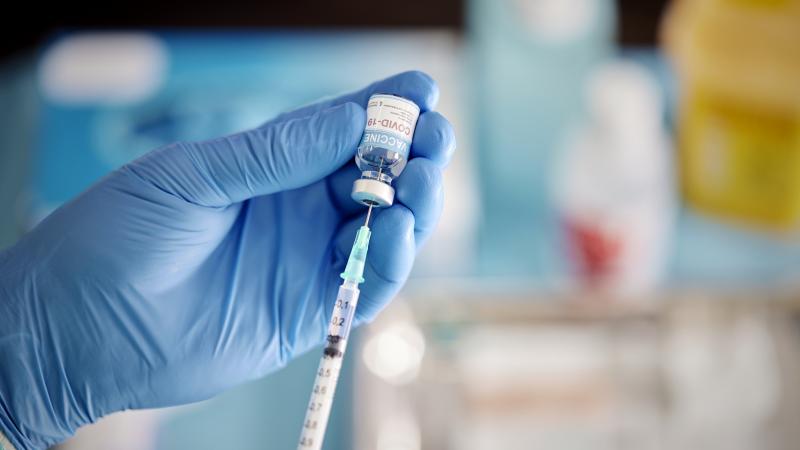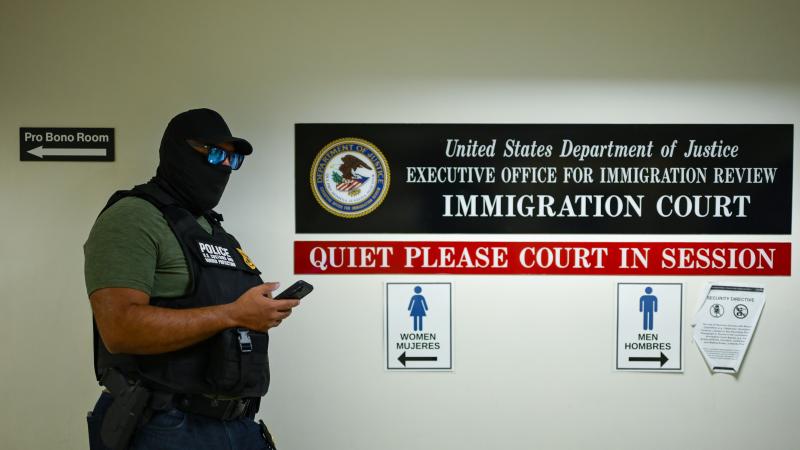Vaccine advisory board votes to remove controversial mercury-based compound from flu vax
The advisory board ended a nearly 30-year crusade to remove the neurotoxin thimerosal from vaccines, which many have theorized links to issues like autism spectrum disorder (ASD) and other developmental issues.
In a win for the Make America Healthy Again (MAHA) movement, the Advisory Committee on Immunization Practices (ACIP) voted 5-1 to limit flu vaccines to only those free of thimerosal. The mercury-containing preservative, largely phased out of childhood vaccines by 2001, still lingers in some multi-dose flu shots. But with 96% of U.S. flu vaccines for the 2024-2025 season already thimerosal-free, single-dose options are not hard to come by.
The committee, freshly revamped by Health and Human Services (HHS) Secretary Robert F. Kennedy Jr., also voted 5-1 to mandate thimerosal-free flu vaccines for children 18 and under and pregnant women.
The effort to remove thimerosal began in the late 1990s, sparked by growing public and scientific scrutiny of mercury exposure. In 1997, the FDA Modernization Act prompted a review of mercury in medical products, including thimerosal, a mercury-based preservative used since the 1930s to prevent microbial contamination in multi-dose vaccine vials.
Vaccine skeptics get a voice in health policy
Now at the helm of the Department of Health and Human Services, Kennedy rattled the establishment medical world in early June when he replaced all 17 ACIP members with a leaner crew of eight, including vaccine skeptics like Dr. Robert Malone and Lyn Redwood, former head of Kennedy’s Children’s Health Defense, an anti-vaccine group. Redwood’s plea to reject thimerosal wasn’t flawless—she overstated its common dosages—but the committee leaned into the mercury-free messaging. “There are other preservatives that don’t rely on mercury,” Dr. Jacob Glanville, CEO of Centivax, told Fox News Digital with a nod of approval.
The committee didn’t stop there. They unanimously backed annual flu shots for everyone six months and older who do not have a risk of side effects. The group also gave a 5-2 thumbs-up to Merck's clesrovimab (Enflonsia), a new Respiratory Syncytial Virus (RSV) prevention drug for infants eight months and younger who were born during or entering their first RSV season. It was also approved for coverage under the Vaccines for Children (VCF) program.
Not everyone’s on board
Dr. Cody Meissner, the sole holdout on the thimerosal vote, warned that mandating single-dose vials could raise costs and limit access, especially since the CDC insists “data from many studies show no evidence of harm” from low-dose thimerosal. The order now awaits a final nod from the current nominee as the new CDC Director, Susan Monarez, to become official policy.
Monarez has been serving as the acting director since January 23, 2025, but stepped down from that role on March 24, 2025, when nominated for the permanent position. Her nomination is still pending Senate confirmation. Matthew Buzzelli, the CDC's chief of staff, has been reported to be performing some of the director's duties in the interim.
No votes were taken on vaccines for COVID-19, chikungunya, MMRV (measles, mumps, rubella, and varicella), or anthrax, though these were discussed at the late June meeting of the ACIP.
Proposed votes on COVID-19 vaccine recommendations, adult RSV vaccines, and HPV vaccine dose schedules were deferred to future meetings.













